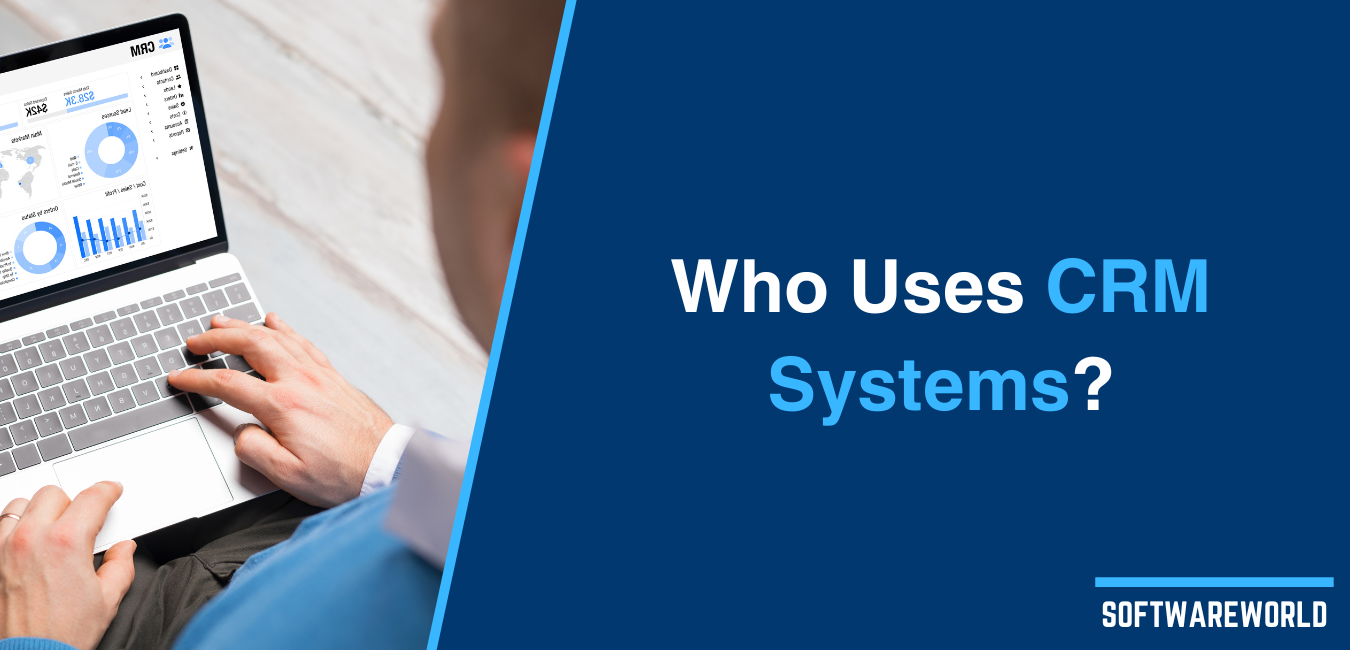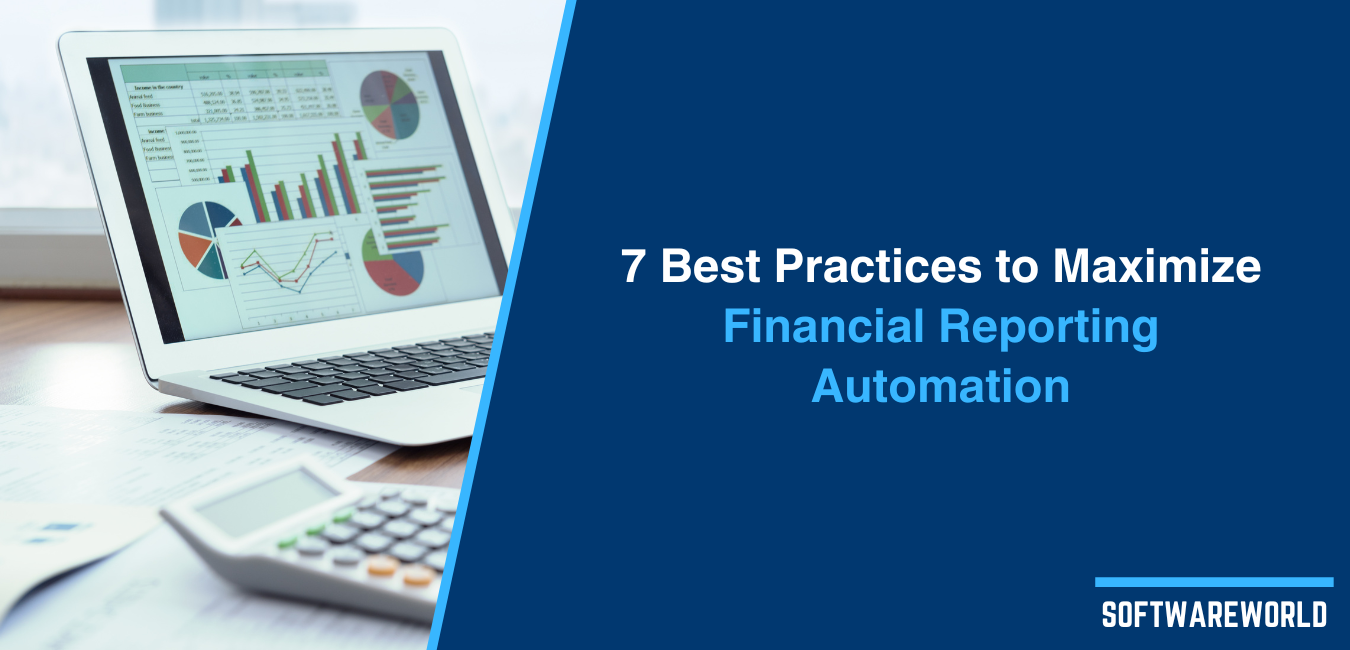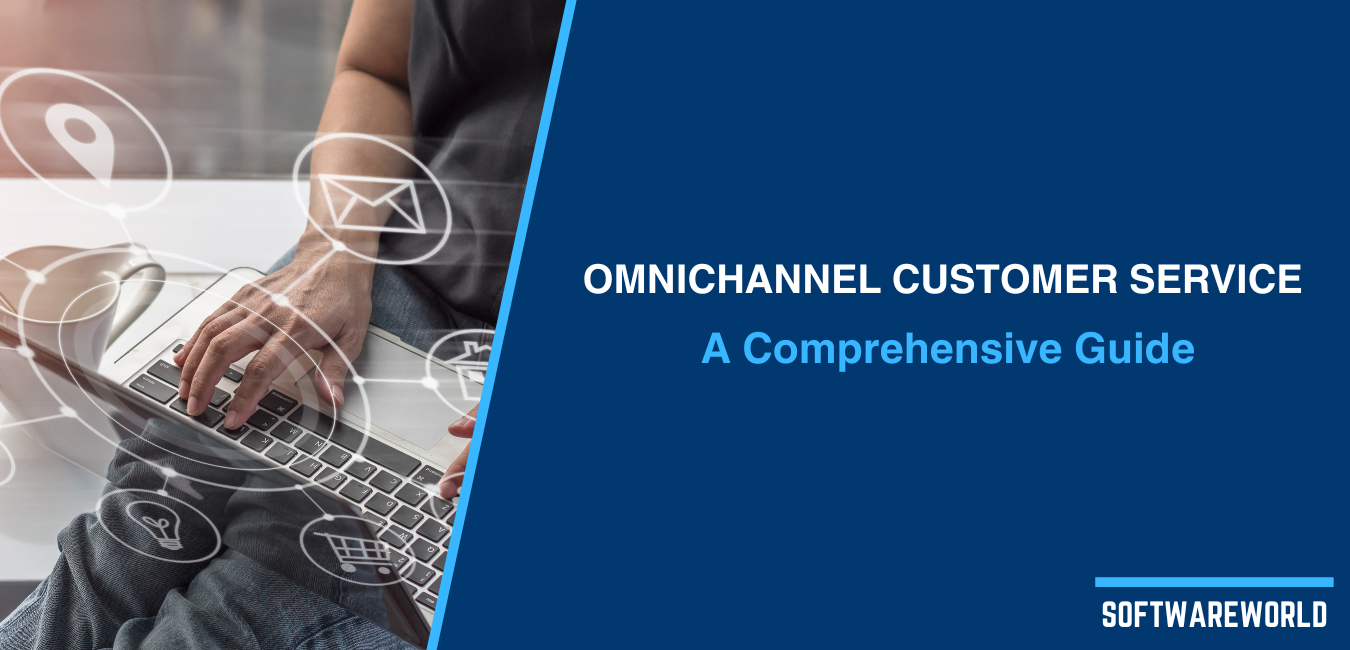Table of Contents
There are hundreds and thousands of companies, from SMBs to enterprise-level, who use CRM software. 40,097, to be precise. They are all leveraging CRM systems to take their businesses to new heights. But what is actually a CRM system? Why do companies need them? What benefits it brings to the companies? Most importantly, How much does CRM software cost? You might have these types of questions in your mind. Don’t worry. We are here to help you. Continue reading this article, and you will find all the answers you seek. In addition to that, you will find some examples of well-known companies that use CRM solutions.
» What is CRM Software?
A customer relationship management software is an online cloud-hosted platform that offers top-notch features like contact management, automation, analytics, and sales reporting. It helps companies in various activities, such as maintaining business-customer relationships and creating effective marketing strategies. CRM software also works as a centralized repository to store your leads and contact information. You can store all the contact information, like contact name, address, phone number, and previous purchase history, in a single cloud-based location. Additionally, you can easily access this information whenever needed.
» Why Businesses Use CRM?
Every business has one foremost goal in common. Enhance customer experiences to increase sales and grow their businesses. Companies use CRMs to achieve this ultimate goal. In fact, more than 80% of companies leverage CRMs to automate business processes and generate sales reports for business growth. Some other vital processes are as below:
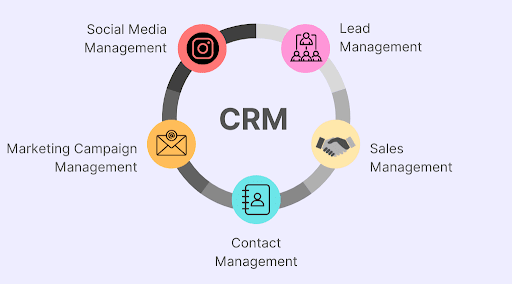
-
-
Lead Management
-
CRM software allows you to effectively collect and manage leads throughout every stage of their lifecycle. You can automate the lead-capturing process and store them directly in the lead database to ensure not a single lead slips through the crack. Moreover, you can create pre-defined questionnaires and embed them into your website. It can help identify quality leads and allow you to effortlessly collect lead’s essential information.
-
-
Sales Management
-
With dedicated CRM software, your sales team can perform various activities. For example, it can quickly identify the most trending products. It can even accurately predict sales to replenish the stock levels in advance. Moreover, your sales team can categorize leads based on various criteria to segment and prioritize them effectively.
-
-
Contact Management
-
In CRM, previous customers and someone who has shown interest in your product or service are considered contacts. Efficiently managing them is a vital process. For example, you can save essential contact information like email ID, phone number, physical address, and more in a centralized, secure place. You can also save and leverage contact data like previous purchases and website exploration histories to better understand customer behavior.
-
-
Marketing Campaign Management
-
CRM software enables marketing teams to create, launch, track, and manage marketing campaigns efficiently. They can use the A/B testing feature to create two versions of a particular marketing campaign. The marketing teams can simultaneously launch these two campaigns for a specific period to compare their effectiveness.
-
-
Social Media Management
-
Many CRMs seamlessly integrate with popular social media platforms like Facebook, Instagram, and LinkedIn. This integration significantly enhances CRM’s capabilities and allows businesses to manage their social accounts efficiently directly from the CRM environment. Companies can also get instant notifications for brand mentions in the comments, allowing them to reply promptly. It shows customers that the brand cares for them, ultimately making them loyal to the brand.
» Who Really Uses CRM Software?
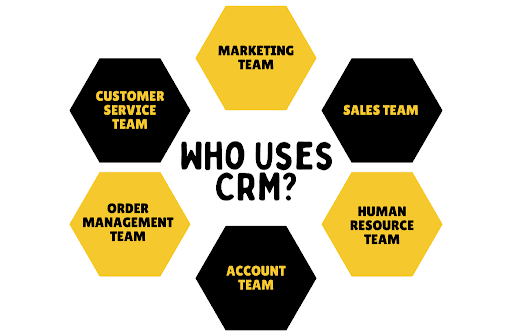
So far, we have discussed what CRM is and why businesses use it. Now, let’s see who actually uses the CRM software.
-
-
Marketing Team
-
Your marketing team managers and teammates can use CRM software to boost marketing efforts. CRM allows them to analyze customer data and gain vital insights into customer behavior and buying patterns. They can use these insights to identify ongoing trends. Marketers can access customer information using CRM to optimize marketing campaigns. For example, they can segment customers based on previous choices and initiate email marketing campaigns to ensure that emails sent to customers are relevant to their requirements. Marketing teams can also use CRM to generate various reports and monitor crucial metrics to identify the real source of leads. This way, they can measure the effectiveness of live marketing campaigns. Additionally, marketers can integrate CRM with popular email marketing tools and automate email campaigns. It means your team can do mass emailing for the entire clientele or run drip email campaigns for segmented customers effortlessly.
-
-
Sales Team
-
Your sales team managers and reps can leverage CRM to optimize sales activities. They can effectively access, track, and monitor everything from a single location. It saves time for them so they can do more in less time. Additionally, the sales team can check on sales pipelines to pinpoint areas that may need improvements. This may lead to accurate sales predictions. Moreover, your sales reps can create and manage tasks and activities for individual contacts. They can use the CRM to set reminders for leads to ensure they never miss any follow-ups with leads. Plus, sales reps can add notes and comments to get a quick overview while engaging with contacts in the future. Sales team managers can use CRM to send vital notifications like upcoming meetings, events, announcements, and more to team members. It ensures that every team member is on the same page and present in every activity.
-
-
Human Resource Team
-
Suppose you have a separate human resource team managing recruitment processes. It can use customer relationship management software as your sales team uses it to manage their leads, prospects, and customers. Your HR manager can assign tasks and activities to their team members. Teammates can efficiently organize and sort applications. They can also track and segment applicants based on various aspects like their skill level, experiences, location, and more. The human resource team can also manage leaves, bonuses, holidays, commissions, and more from one place. Besides that, the HR manager can easily share important documents like contracts, reports, training materials, and more. It optimizes collaboration with other departments like legal and finance.
-
-
Account Team
-
Many CRM software have in-built quotes and invoicing functionalities. Account teams can leverage these features to speed up businesses’ account-related processes. It can easily and quickly create quotations using pre-defined templates. Additionally, CRM allows teammates to easily convert the same quotation into an invoice for intelligent and quick invoice creation. Other than that, the account team can perform different activities like auditing, reporting, analysis, and more from one place. Doing all the activities from one place can maximize your account team’s accuracy and productivity.
-
-
Order Management Team
-
Using a dedicated CRM solution, your order management team can efficiently track and manage customer orders. The team manager can also use CRM to track and monitor current stock levels in real-time. CRM also sends alerts for minimum stock levels so you can replenish your inventory without getting out-of-stock. The order management team can use CRM to manage other crucial activities such as prices and quality of materials, logistics, distributions, delivery deadlines, and more. Furthermore, the order management team leader can use CRM’s analytical abilities to gain crucial insights into customer purchase habits and demand patterns to predict sales accurately. The idea is to understand stock requirements and prevent overstocking.
-
-
Customer Service Team
-
The CRM stores comprehensive customer data, like previous purchase history, personal information, browsing history, and more. Your customer-facing team can use this data to optimize customer support services. The CRM allows easy, secure, and quick access to the customer database. The customer support reps can easily access the database and fetch crucial customer information whenever required. It helps customer support representatives to engage with customers in a personalized way.
» What are The Top Benefits of Using CRM?
Using CRM software for businesses brings many profitable benefits. Below are some of the top benefits that might grab your attention:
-
-
Better Customer Data Visualization
-
Businesses can store comprehensive customer information like phone numbers, email IDs, names, addresses, previous purchase histories, and more in a single secure place. Companies' different departments can easily access this data and get a 360-degree customer view to serve customers better.
-
-
Healthy Business Relationships With Customers
-
Businesses can store all customer-related data in the CRM database for future use. When customers contact the companies for any reason, businesses can engage with them in a personalized way. Companies can also segment their loyal customers and send customized discounts and offers to them. All these efforts make customers feel that companies care for them, and they stay loyal to the brands.
-
-
Enhanced Customer Service
-
Using CRM software, businesses can facilitate their customer service teams with quick and easily accessible customer databases. It ensures that support service reps can quickly get the required data without going back and forth between different tools. It cuts the customer waiting time so reps can provide reliable solutions and resolve tickets faster.
-
-
Precise Sales Forecasting
-
Using the CRM tool’s modern analytical abilities, businesses can track and monitor crucial metrics to gain vital insights for predicting sales accurately. They can also measure customer behavior patterns and leverage the outcome to optimize marketing strategies for enhanced performance.
-
-
Optimized CRM to Meet Unique Business Needs
-
CRM software allows businesses or companies to customize the solutions to meet their unique requirements. Businesses can customize specific workflows to streamline business processes and increase productivity. Companies can leverage customizable dashboards and add crucial metrics to track and monitor them in real time. Moreover, businesses can fulfill their branding requirements. For example, they can add the company logo and use specific font styles in web forms and chatboxes.
-
-
Efficient Leads and Prospects Management
-
Businesses can leverage CRM’s robust features to capture, track, and monitor leads and prospects effectively. They can create professional-looking web forms to capture leads and create the lead database. Sales teams can also score, prioritize, and segment high-quality leads to increase conversion rates. Moreover, they can identify the source of leads and share the information with the marketing teams so they can tailor marketing campaigns accordingly.
» Which Companies Use CRM Software?
In today’s modern era, people rely on the internet, computers, and mobile devices for buying and other stuff. Businesses may need real-time data insights to understand customer behavior and know their intent. Cutting-edge CRM software might be the key to that. Many world-famous companies leverage CRMs to create exceptional customer experience and increase customer retention rates. Here are some renowned companies that use CRM solutions:
-
- Amazon
- Apple
- Coca Cola
- Wells Fargo
- Activision
- BMW
- McDonald’s
- Ben & Jerry’s
- US Bank
- Tesco
» What is The Pricing of CRM Software?
CRM solutions pricing varies based on many factors, like features offered, number of users, and contract period (monthly or yearly subscription). Generally, CRM software price ranges between approximately $10 to $5,000. Some CRM solutions offer a never-ending license with a one-time payment, while some CRMs also have a free-forever plan with essential features.
» Conclusion
There you have it. Now you know what CRM is, why companies use it, and its key benefits. You also learned about different teams that use CRM software and contribute to the business growth. Whether you have teams like those mentioned in this article or you are a part of those teams, if you are not using CRM tools in this competitive digital era, it is time for you to think twice about what you are missing! We hope you enjoy this article and find it helpful.
